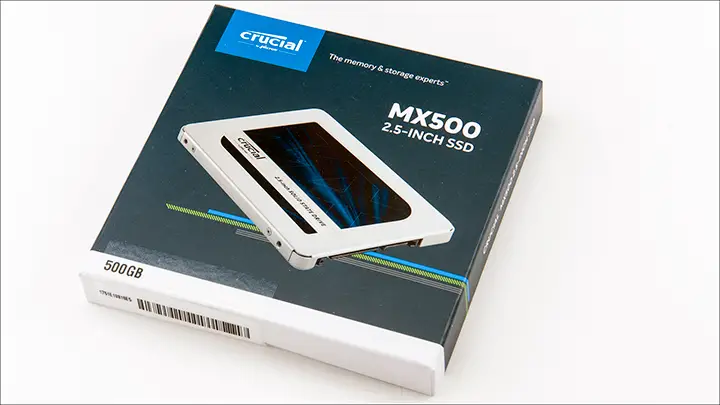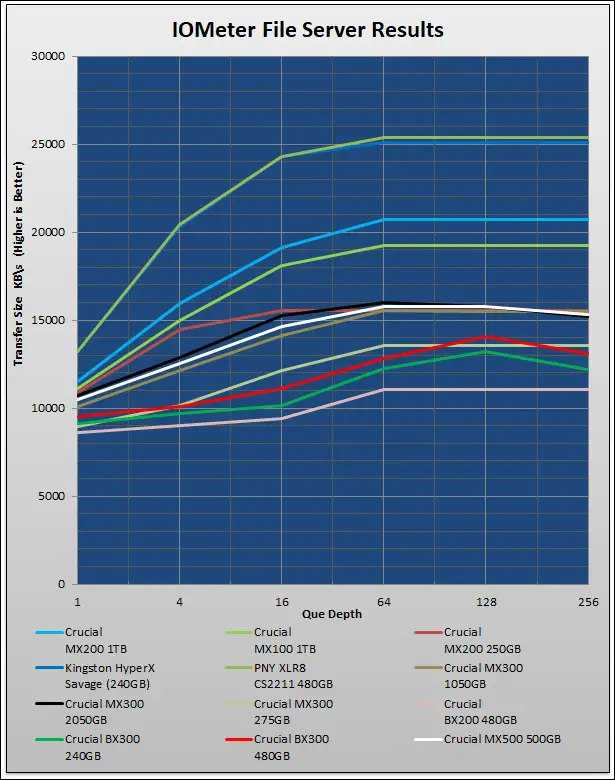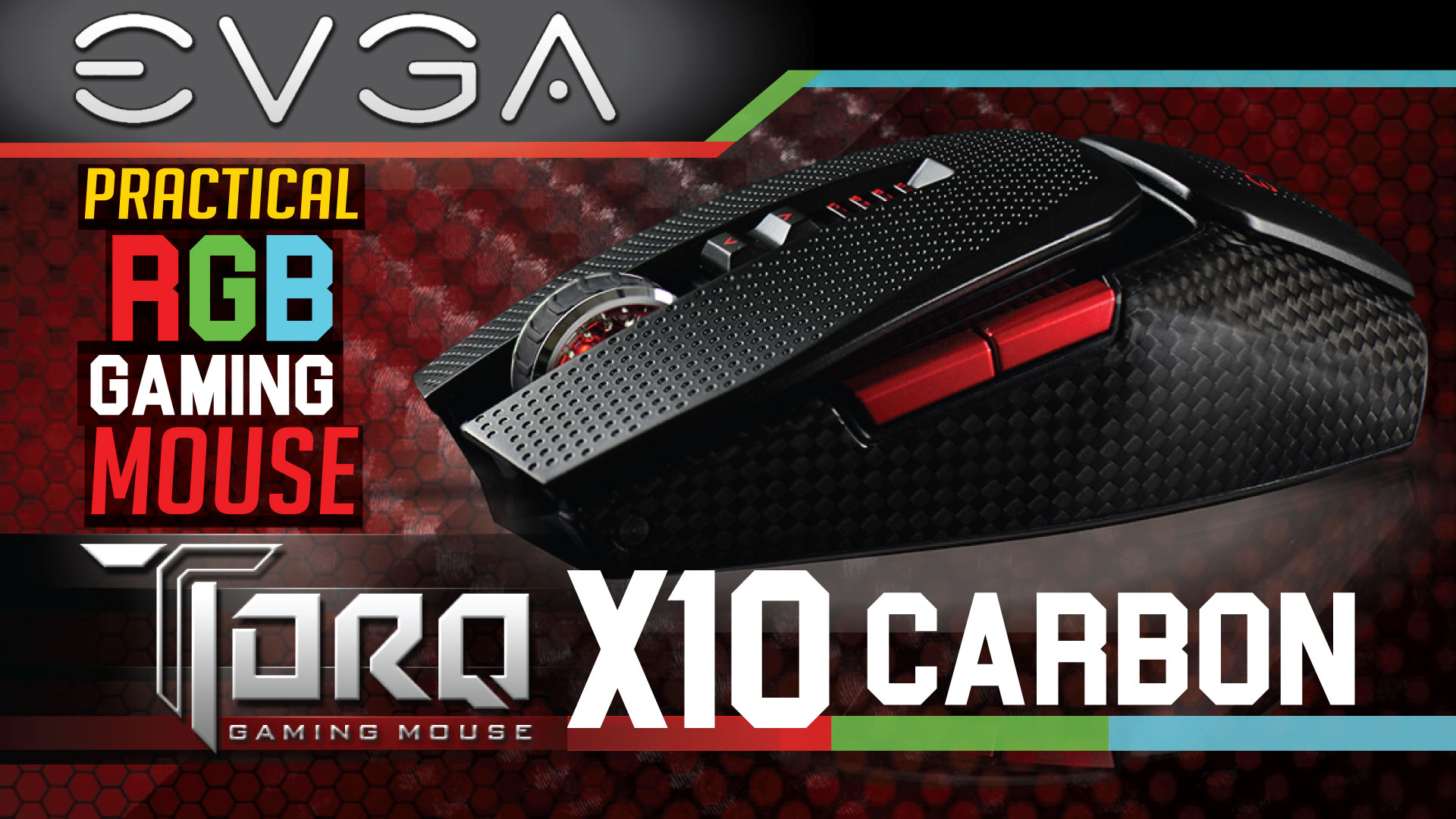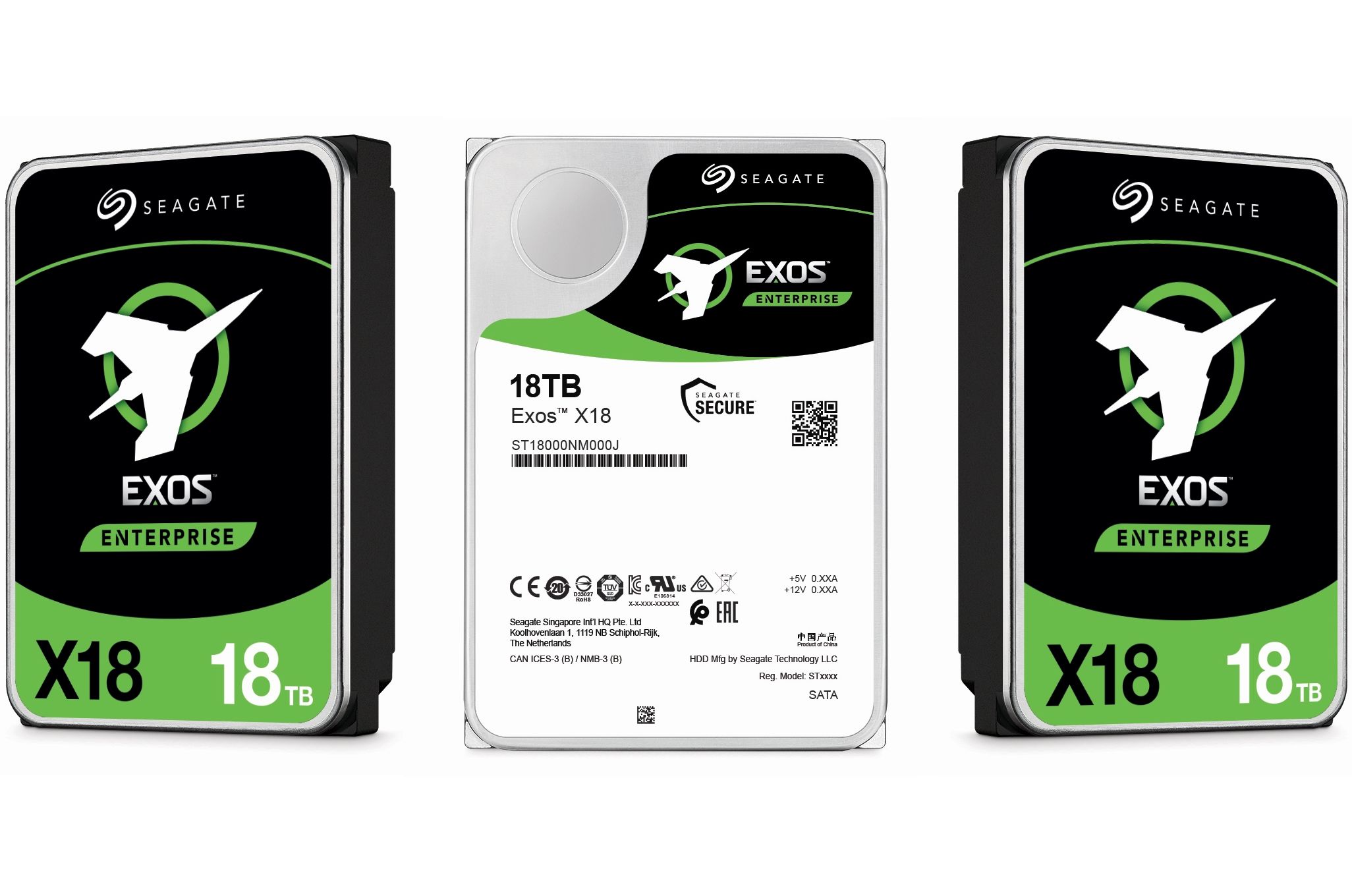To test each drive we ran 6 test runs per device (1,4,16,64,128,256 queue depth) each test having 8 parts, each part lasting 10 min w/ an additional 20 second ramp up. The 6 subparts were set to run 100% random, 75% read 25% write; testing 512b, 4k,8k,16k,32k,64k size chunks of data. When each test is finished IOMeter spits out a report, in that reports each of the 6 subtests are given a score in I/Os per second. We then take these 8 numbers add them together and divide by 6. This gives us an average score for that particular queue depth that is heavily weighted for file server usage.
This is not a scenario we would want to place and TLC drive into for an extended period of time but its razor-sharp firmware combined with other lower level improvements means its not a terrible choice – like most TLC drives.












